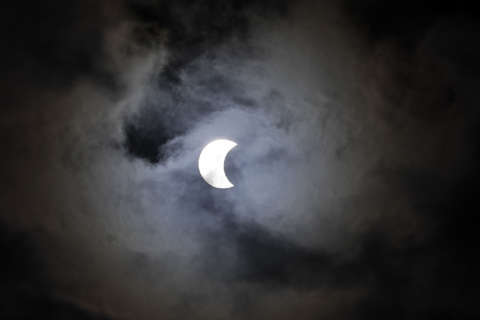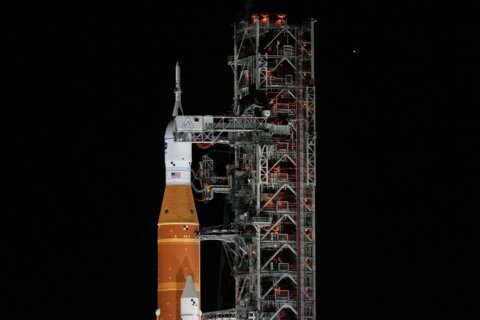WASHINGTON — You’re allowed to be jealous of the local NASA scientist who is going to Oregon for next week’s solar eclipse. During a convergence of his great loves, Noah Petro will officiate the nation’s first baseball eclipse game delay.
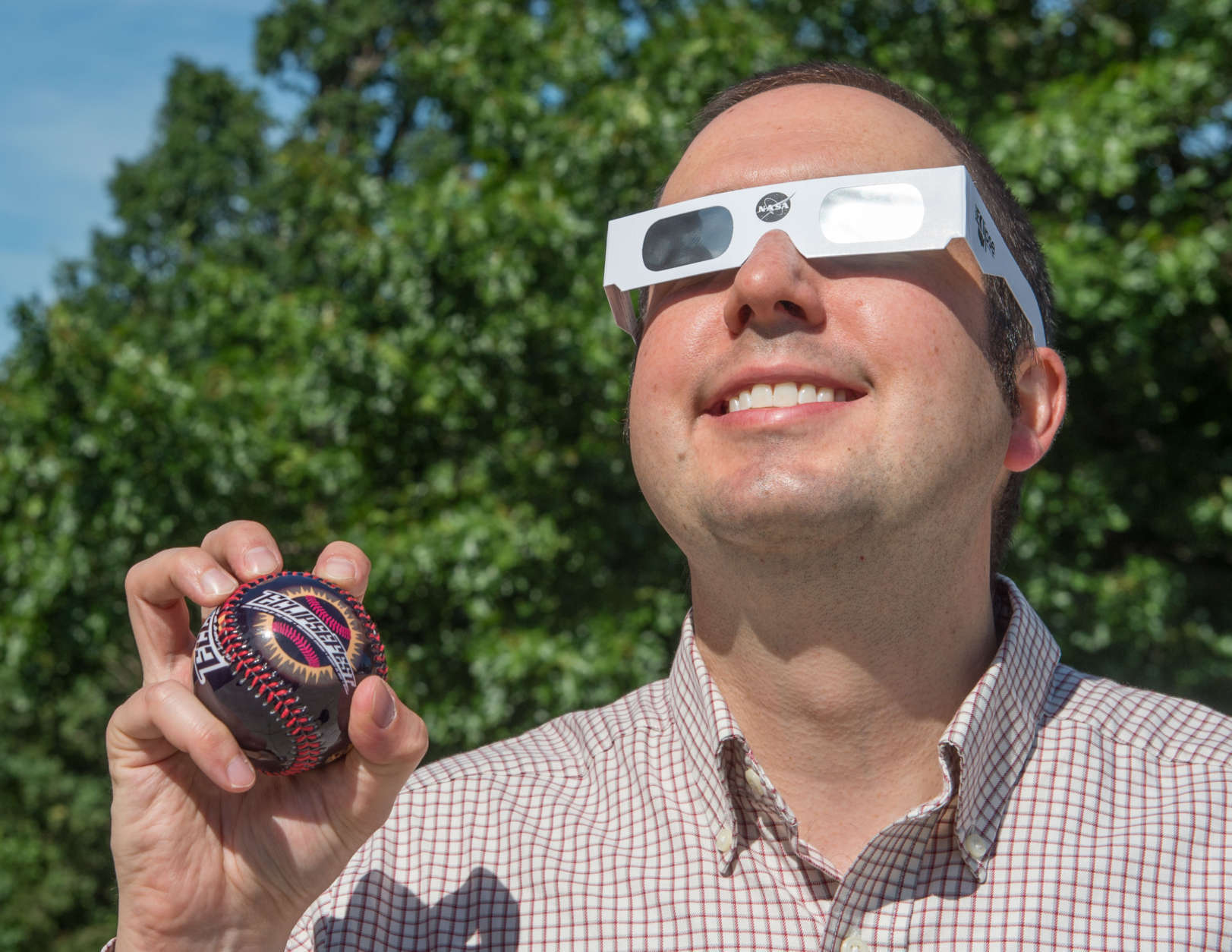
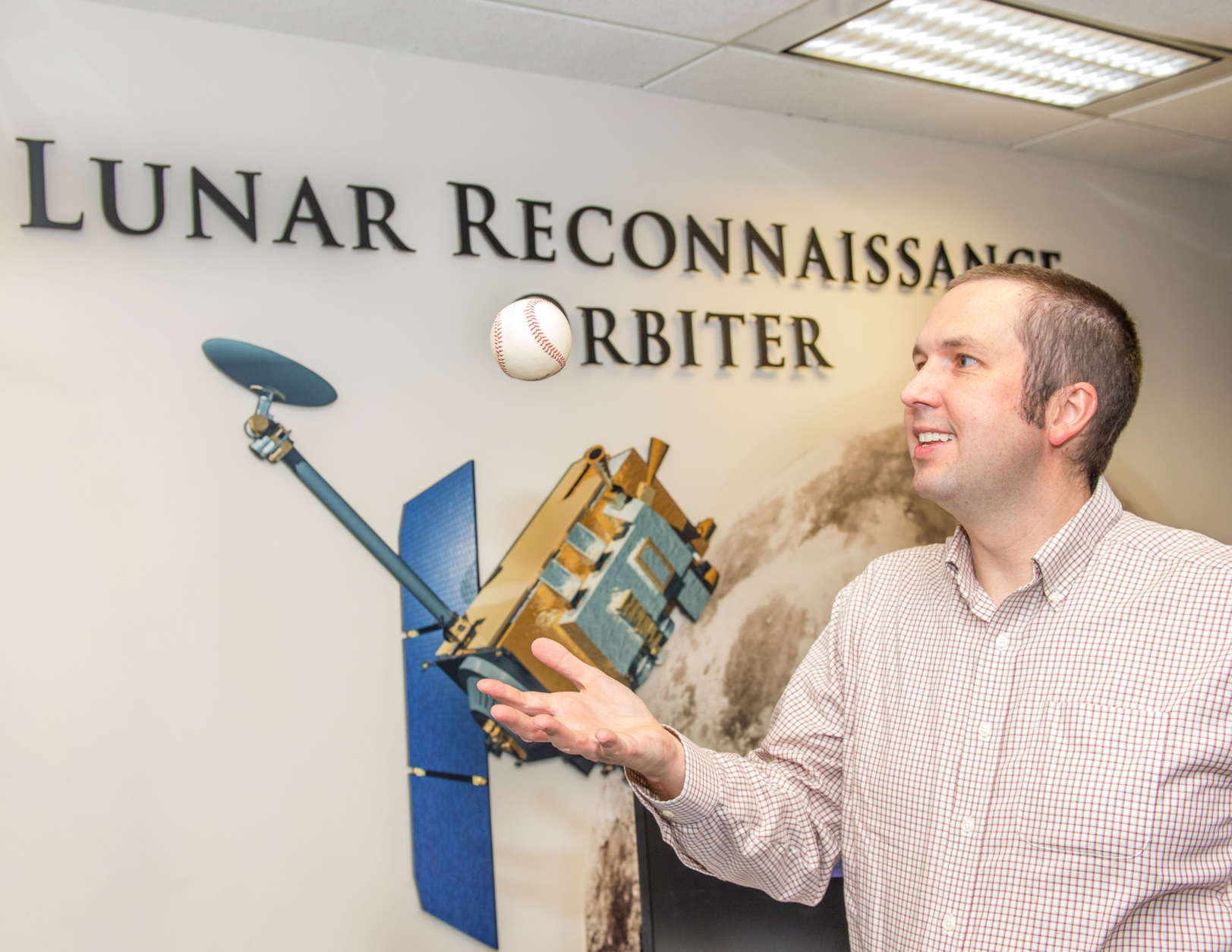
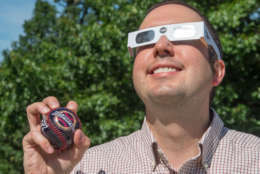
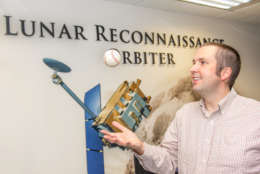
On Monday, Aug. 21, the Salem-Keizer Volcanoes will play a team named for the brewing tradition in Oregon, the Hillsboro Hops. While the eclipse’s path of totality doesn’t cover any of the nation’s major league baseball stadiums, it will pass over a few minor league stadiums — including some in the Salem-Keizer area of Oregon. Petro and NASA will join the teams there for eclipse-related events during a four-day “EclipseFest.”
While volcanoes and hops happen to be two of Petro’s favorite interests, the geologist is also a huge baseball fan.
“I have been [a baseball fan] all my life — as a little kid going to minor league games all across the country, going to Nats games now with my family, I love baseball like almost nothing else,” Petro said.
And Petro loves the moon. He is the deputy project scientist for the Lunar Reconnaissance Orbiter at the NASA Goddard Space Flight Center in Greenbelt, Maryland.
Eclipse totality in Oregon is expected at about 10:17 a.m. on Aug. 21. The baseball game is scheduled for 9:35 a.m. Play will be stopped after the first inning so everyone can experience the celestial event.
“It will be a lot of fun,” Petro said. “This is a really great opportunity to talk to a stadium full of people … to tell them a little about the science that NASA does and will be doing during the eclipse, to tell them about our mission that’s at the moon.”
Four days of “EclipseFest” at the ballpark will include a beer festival, fireworks, free Ken Griffey Sr. autographs and multiple NASA presentations.
As excited as he is about all the events, Petro also is concerned about safety; you should never observe the sun with your naked eyes.
“It’s very important that people take viewing this eclipse seriously,” Petro said. “Get eclipse-viewing glasses or use an indirect viewing method — create a pinhole projector.”


